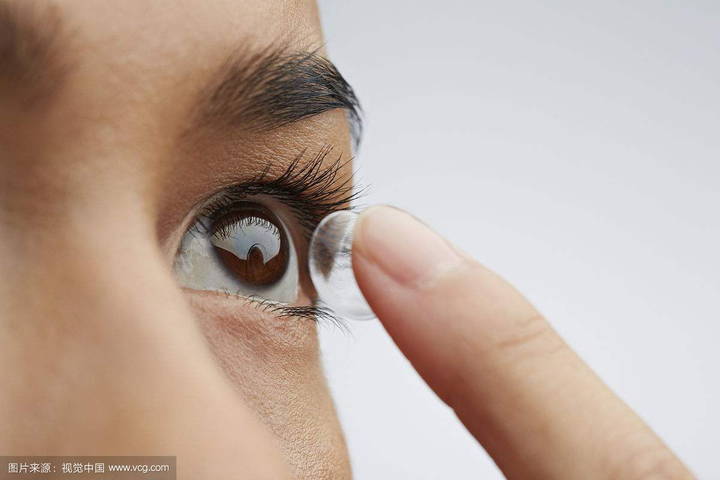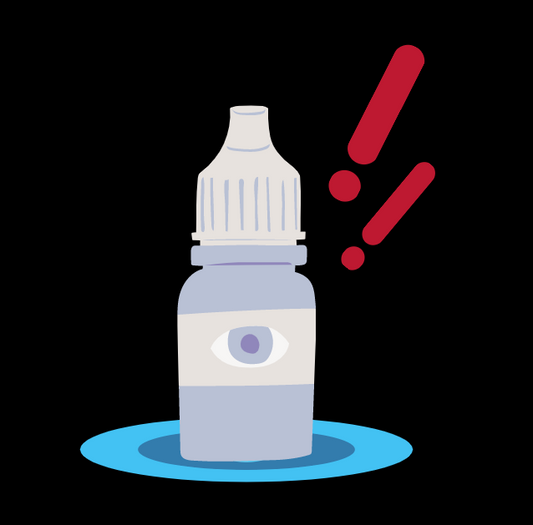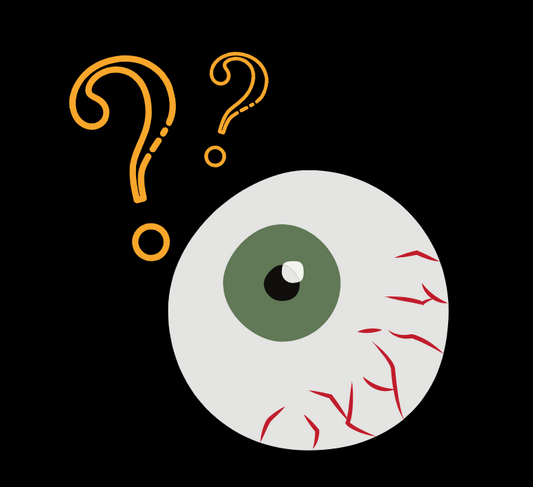
Beginner's Guide to Contact Lenses
Contact lenses are a popular alternative to glasses for correcting vision. They offer convenience, comfort, and flexibility for those who prefer not to wear eyeglasses or want to change their eye color. If you're considering trying contact lenses for the first time, here's a beginner's guide to help you get started.

1.Consult an Eye Care Professional
Before getting contact lenses, it's crucial to consult an eye care professional, such as an optometrist or ophthalmologist. They will assess your eye health, determine your prescription, and recommend the right type of contact lenses for your eyes.
2.Choose the Right Type of Contact Lenses
There are various types of contact lenses available, including soft lenses, rigid gas permeable (RGP) lenses, and specialty lenses. Soft lenses are the most common and are made of flexible plastic material that conforms to the shape of your eye. RGP lenses are more rigid and provide sharper vision, but they may take longer to adjust to. Specialty lenses are designed for specific eye conditions, such as astigmatism or presbyopia.
3.Learn Proper Lens Care
Contact lenses require regular cleaning and care to maintain good eye health. You'll need to learn how to clean, disinfect, and store your lenses properly. Follow the instructions provided by your eye care professional and the lens manufacturer to ensure that you're using the correct cleaning solutions and handling your lenses safely.
4.Practice Good Hygiene
Hygiene is crucial when it comes to contact lens wear. Always wash your hands thoroughly with soap and water before handling your lenses. Avoid touching your lenses or eyes with dirty or greasy hands to prevent infections or irritations.
5.Follow Wearing Schedule
Your eye care professional will provide you with a wearing schedule that outlines how long you should wear your lenses each day. Follow this schedule strictly, as over-wearing lenses can cause discomfort, dryness, and increased risk of eye infections.
6.Know the Signs of Eye Problems
Be aware of the signs of potential eye problems associated with contact lens wear, such as redness, itching, burning, blurred vision, or increased sensitivity to light. If you experience any of these symptoms, remove your lenses immediately and consult your eye care professional.
7.Avoid Sleeping with Contacts
Unless prescribed by your eye care professional, it's generally not recommended to sleep with your contact lenses in. Sleeping with contacts can increase the risk of eye infections, corneal ulcers, and other complications.
8.Have Backup Glasses
It's always a good idea to have a pair of backup glasses in case you need to take a break from wearing contact lenses or if you encounter any issues with your lenses. Glasses can also come in handy in situations where wearing lenses may not be practical, such as swimming or during eye infections.
9.Be Patient
It takes time to adjust to wearing contact lenses, especially if you're new to them. Be patient and give yourself time to get used to the feeling of having lenses in your eyes. It may take a few days or weeks to feel comfortable with them.
10.Keep Up with Regular Eye Exams
Regular eye exams are essential when wearing contact lenses. Your eye care professional will monitor your eye health, assess your vision, and make any necessary adjustments to your prescription or lens type to ensure optimal eye health and vision correction.
In Conclusion
contact lenses can be a convenient and effective way to correct vision, but they require proper care, hygiene, and follow-up with your eye care professional. By following these tips and guidelines, you can enjoy the benefits of contact lenses safely and comfortably as a beginner. Remember to always consult your eye care professional for personalized advice and guidance on wearing contact lenses.






